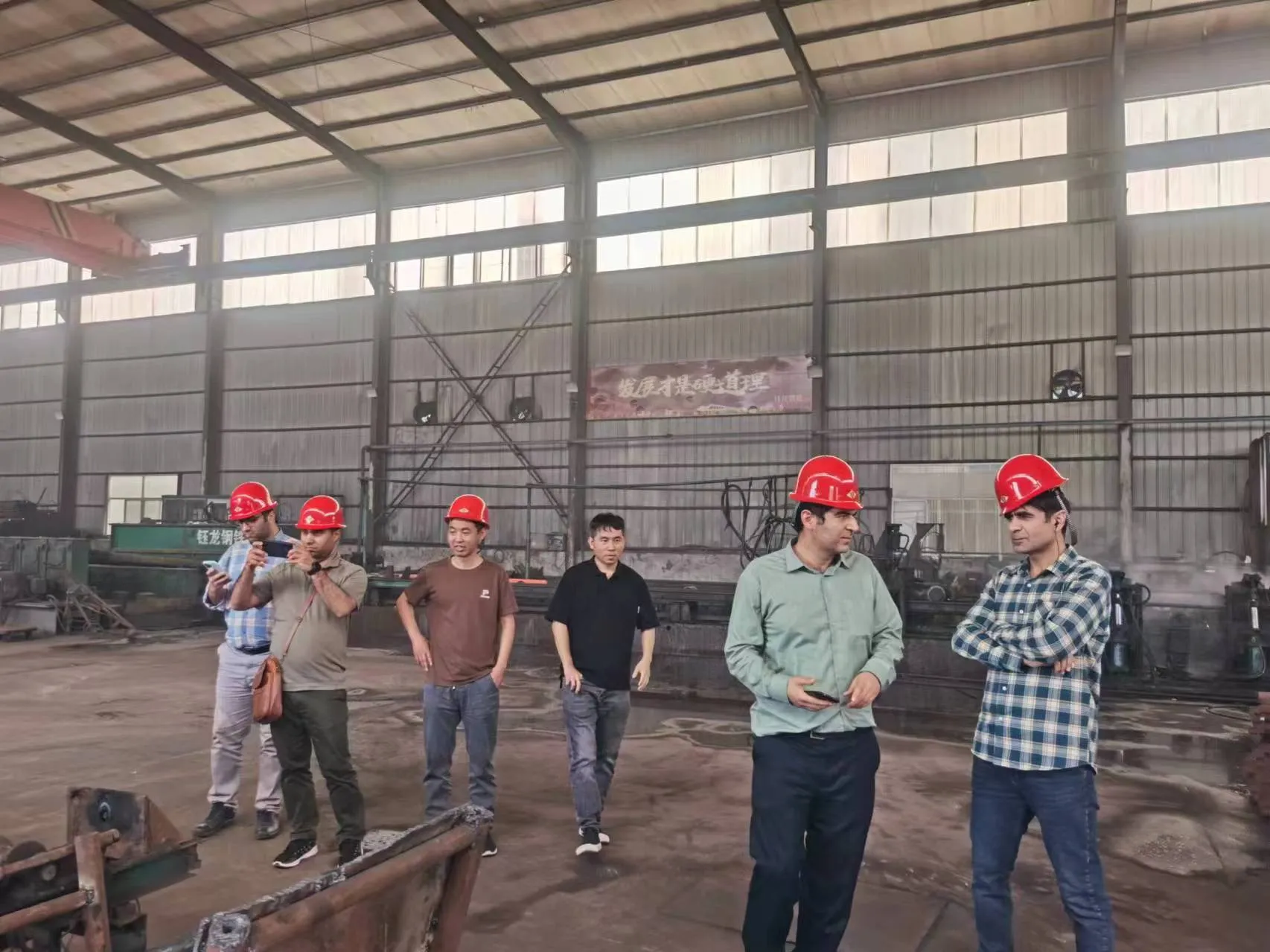-
Cangzhou Yulong Steel Co., Ltd.
-
Phone:
+86 13303177267 -
Email:
admin@ylsteelfittings.com
- English
- Arabic
- Italian
- Spanish
- Portuguese
- German
- kazakh
- Persian
- Greek
- French
- Russian
- Polish
- Thai
- Indonesian
- Vietnamese
- Zulu
- Korean
- Uzbek
- Hindi
- Serbian
- Malay
- Ukrainian
- Gujarati
- Haitian Creole
- hausa
- hawaiian
- Hebrew
- Miao
- Hungarian
- Icelandic
- igbo
- irish
- Japanese
- Javanese
- Kannada
- Khmer
- Rwandese
- Afrikaans
- Albanian
- Amharic
- Armenian
- Azerbaijani
- Basque
- Belarusian
- Bengali
- Bosnian
- Bulgarian
- Catalan
- Cebuano
- China
- China (Taiwan)
- Corsican
- Croatian
- Czech
- Danish
- Esperanto
- Estonian
- Finnish
- Frisian
- Galician
- Georgian
- Kurdish
- Kyrgyz
- Lao
- Latin
- Latvian
- Lithuanian
- Luxembourgish
- Macedonian
- Malgashi
- Malayalam
- Maltese
- Maori
- Marathi
- Mongolian
- Myanmar
- Nepali
- Norwegian
- Norwegian
- Occitan
- Pashto
- Dutch
- Punjabi
- Romanian
- Samoan
- Scottish Gaelic
- Sesotho
- Shona
- Sindhi
- Sinhala
- Slovak
- Slovenian
- Somali
- Sundanese
- Swahili
- Swedish
- Tagalog
- Tajik
- Tamil
- Tatar
- Telugu
- Turkish
- Turkmen
- Urdu
- Uighur
- Welsh
- Bantu
- Yiddish
- Yoruba

Sep . 28, 2024 22:53 Back to list
Understanding BS1640 Weld Fittings Specifications and Applications in Industrial Settings
Understanding BS 1640 Weld Fittings Standards and Applications
Welding has been a staple technique in various industries for years, providing strong, durable, and efficient connections across numerous applications. One of the critical components in welded structures is the fitting used to connect pipes and tubes. Among various standards that dictate the manufacturing and use of these fittings, BS 1640 stands out as a prominent standard in the British and international realm.
What is BS 1640?
BS 1640 is a British Standard that specifies the requirements, test methods, and quality control processes for welded fittings made of wrought steel. Initially published by the British Standards Institution (BSI), this standard ensures that the fittings used in various engineering applications meet established safety and performance criteria. The fittings include a range of options such as elbows, reducers, tees, and caps, which are essential in pipework systems.
Key Specifications and Features
The BS 1640 standard delineates various aspects of weld fittings. These include material specifications, design stipulations, tolerances, testing procedures, and marking requirements. Manufacturers must adhere to these specifications to ensure that the fittings can withstand the operating conditions they will face, including pressure, temperature, and environmental factors.
The primary materials for BS 1640 fittings typically include carbon steel and alloy steel, which are known for their strength and durability. The fittings are designed to work in pressure applications, with specific dimensions and tolerances outlined for each type. This standard also addresses various grades of steel, indicating which grade is suitable for certain applications, thus aiding engineers and designers in selecting the appropriate components.
Applications Across Industries
bs1640 weld fittings

Welded fittings conforming to BS 1640 are utilized across a broad spectrum of industries, including oil and gas, chemical processing, power generation, and construction. In the oil and gas sector, for instance, these fittings are crucial for establishing reliable and safe transportation systems for fluids and gases under high pressure.
In the chemical processing industry, the integrity of pipe systems is paramount, as any leaks can lead to hazardous situations. BS 1640 compliant fittings offer the assurance needed for pipelines transporting volatile substances, ensuring both safety and compliance with environmental regulations.
In the construction industry, straightforward and efficient plumbing and HVAC systems rely heavily on fittings that can provide secure connections. Using BS 1640 compliant fittings contributes to the overall durability and reliability of these systems, reducing maintenance costs and risks associated with pipe failures.
Quality Assurance and Testing
One of the most significant aspects of BS 1640 is the emphasis on quality assurance. Companies producing these weld fittings must undergo rigorous testing to ensure that their products meet the established standards. This testing can include hydrostatic pressure tests, visual inspections, and non-destructive testing methods like ultrasonic or radiographic testing. These protocols ensure product integrity and minimize the risk of failures in the field.
Furthermore, adherence to BS 1640 also facilitates international trade and cooperation, as many countries recognize this standard. Using fittings that meet this specification allows companies to expand their market reach while reassuring clients of the quality and safety of their installations.
Conclusion
In summary, BS 1640 weld fittings represent a critical element in the construction of robust and reliable pipework systems. By specifying the materials, design, and testing methods, the standard ensures that these fittings can withstand the rigors of various industrial applications. As industries continue to prioritize safety, reliability, and compliance, understanding and implementing BS 1640 standards will remain essential for engineers and manufacturers alike. The choice to utilize BS 1640 compliant fittings not only ensures superior performance but also fosters trust and credibility with clients and partners in various sectors.
Latest news
-
ANSI 150P SS304 SO FLANGE
NewsFeb.14,2025
-
ASTM A333GR6 STEEL PIPE
NewsJan.20,2025
-
ANSI B16.5 WELDING NECK FLANGE
NewsJan.15,2026
-
ANSI B16.5 SLIP-ON FLANGE
NewsApr.19,2024
-
SABS 1123 FLANGE
NewsJan.15,2025
-
DIN86044 PLATE FLANGE
NewsApr.19,2024
-
DIN2527 BLIND FLANGE
NewsApr.12,2024
-
JIS B2311 Butt-Welding Fittings LR/SR 45°/90° /180°Seamless/Weld
NewsApr.23,2024











